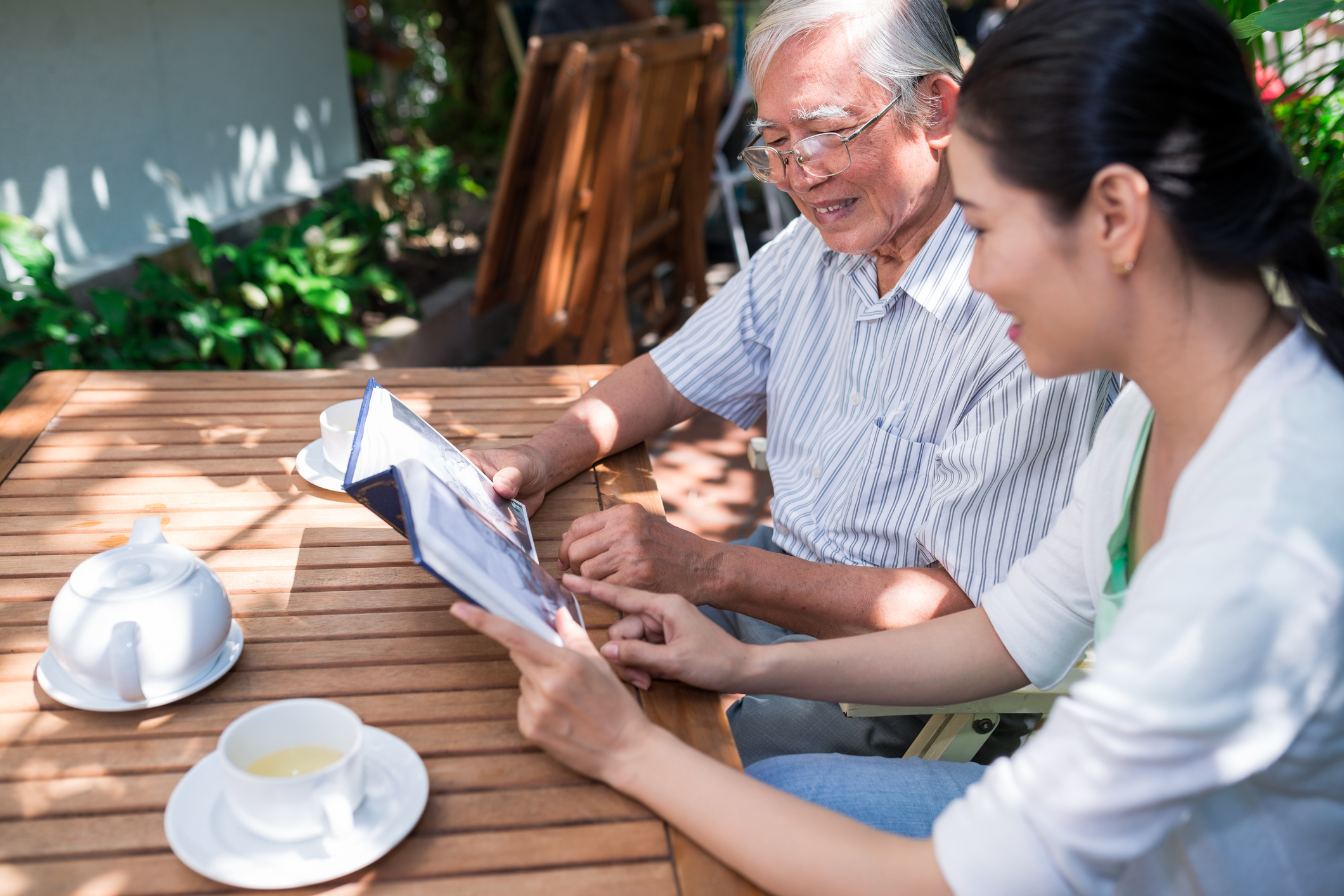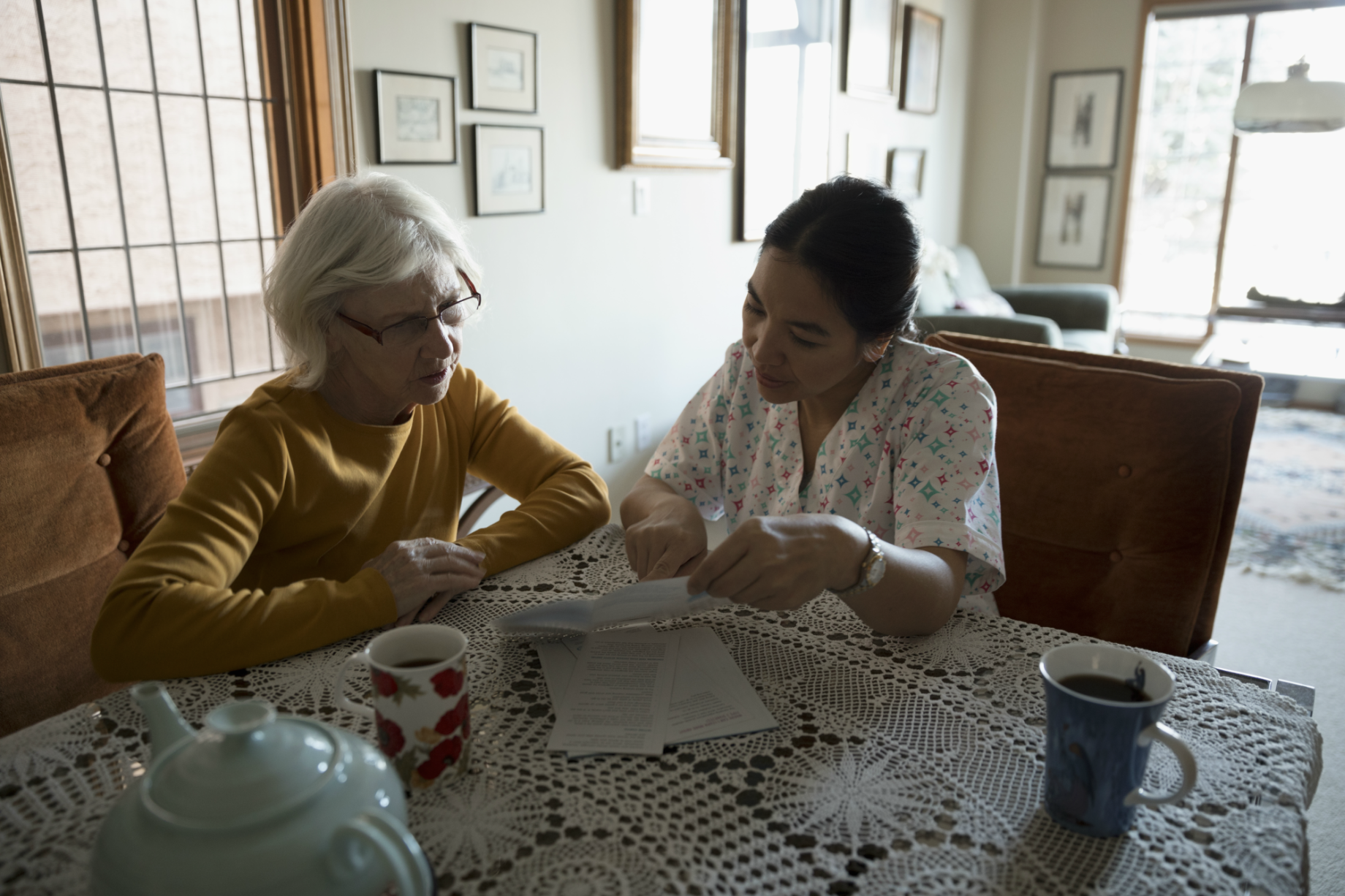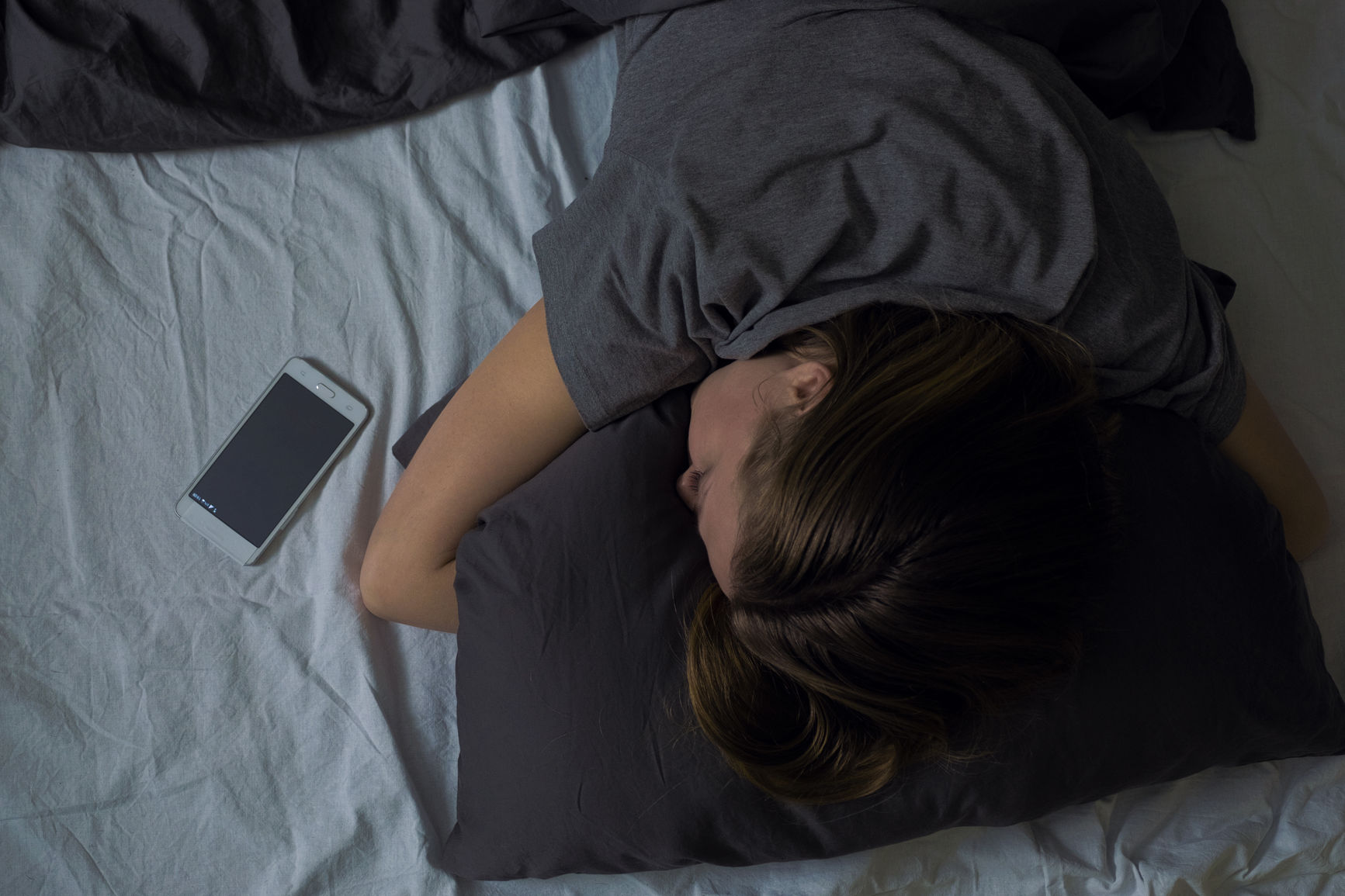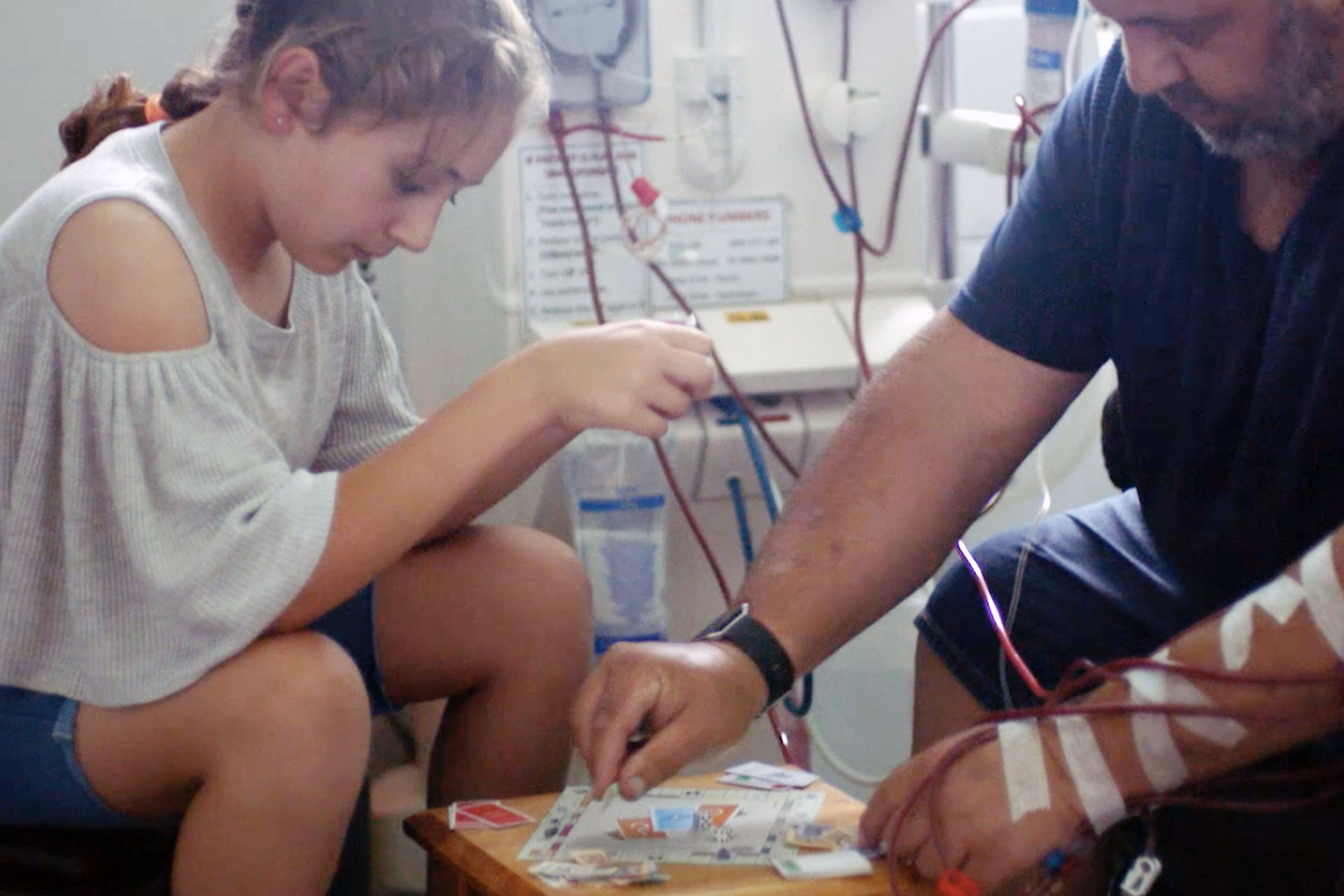-
Australians are struggling to get a good night’s rest – with almost two million Aussies affected by sleeping disorders or sleep apnoea in the past year, according to research released by Medibank1.
In addition, Medibank data shows the number of admissions for sleep studies2 has increased significantly, up more than 52 per cent since 2010.3
Medibank Medical Director, Dr Kevin Cheng, believes it’s important that Australians take into account how much sleep they’re getting when thinking of their overall health.
“Whilst fatigue and daytime sleepiness are common symptoms of sleep deprivation, many people aren’t aware of the adverse effects a lack of sleep can have on their overall health, brain and body function.”
“Sleep disorders and chronic sleep loss can put you at risk of heart disease, high blood pressure and diabetes. By embracing better sleep habits, you not only improve your overall health but also protect yourself from future illnesses,” said Dr Cheng.
Dr Cheng has provided his top six tips on how to get a better and more rejuvenating night’s sleep:
- Create an optimal sleeping environment. Adjust the room temperature to keep your body at a comfortable coolness so it will not disrupt your sleep. Sleeping in total darkness helps you fall asleep faster.
- Exercise regularly. Getting enough exercise daily will help develop a better night’s rest, making you fall asleep quickly with a deeper sleeping pattern.
- No smart phones allowed. Switch off all electronics. Using devices such as smart phones and iPads before bed can disrupt your sleep cycle. Put everything aside at least two hours before bed to get a restful sleep, including watching TV in bed.
- Reduce caffeine intake during the day and drink more water. Excessive caffeine intake might disrupt your sleep. Try and limit the intake to one or two cups per day, as caffeine shortens the phases of the sleep cycle. Instead, opt for water, as being hydrated will combat your thirst reflex at night.
- Meditate or relax. Meditation helps with problems of falling asleep by calming the mind. Practicing meditation during the day will help lower your stress levels, which will help you to fall asleep faster at night. Or try to relax by taking a bath, reading a book or listening to music.
- Keep to a regular time. Getting into bed at a set time helps regulate the body’s day / night rhythm.
“A good night’s rest is not only key to keeping your concentration and energy up, but also helps to keep the immune system strong,” Dr Cheng said.
“We’ve all experienced the consequences of not getting enough shut-eye. You’re not 100 per cent healthy unless you get at least 6-8 hours of good sleep per night. If you’re struggling, have a chat with your GP.”
Visit be.magazine for more health tips and how-to guides.
Aussies struggling to get a good night's rest

1. Roy Morgan (Sept14-Sept15), Sample of 50,279 Australians aged 14+
2. Sleep studies are usually undertaken to explore disturbed sleep which maybe a result of snoring and obstructed sleep apnoea. An increasing number of studies are also being undertaken for children to confirm that they snore and therefore need their tonsils removed.
3. MPL Hospital Claims Data July 2010 – June 2015
-
Innovating for members living with chronic disease
Medibank is supporting our members living with chronic diseases such as heart disease, arthritis, and diabetes, through our CareComplete programs.
-
Medibank’s palliative care at home trial
Giving our customers choice in where they would like to receive their end-of-life care can provide dignity, privacy and help them retain control over the care they receive.
-
How your phone habits affect your sleep
And what it means for your mental health, hormones and more.
-
Medibank trialling haemodialysis at home
Giving members with chronic kidney disease more choice
-
The origins of western and eastern medicine
Two schools of thought explained
-
Almost half of hospital patients are looking for more support
Find out how Medibank is helping.
Subscribe to receive the best from Live Better every week. Healthy recipes, exercise tips and activities, offers and promotions – everything to help you eat, move and feel better.
By clicking sign up I understand and agree to Medibank's privacy policy






